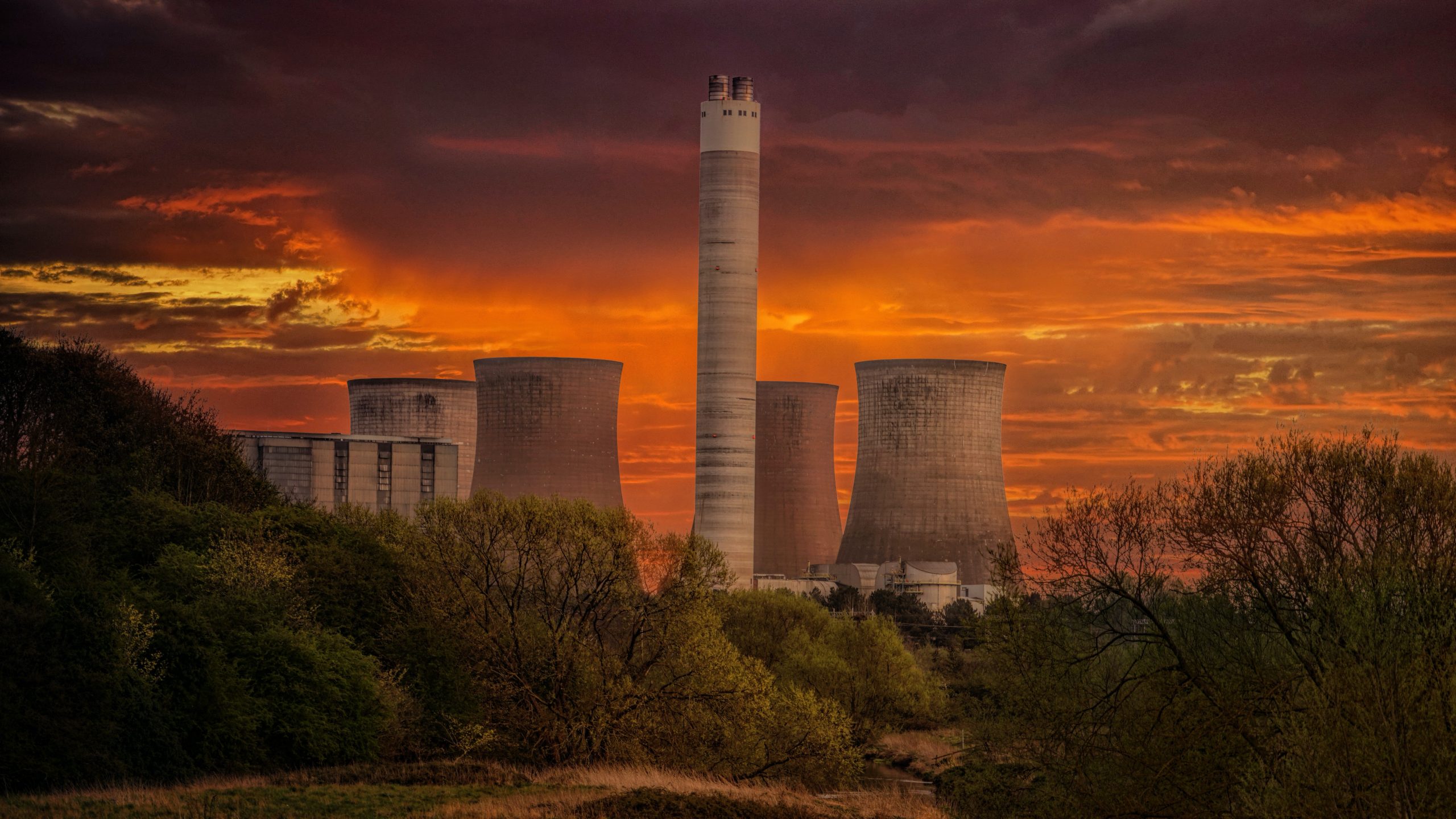- en
- fr
The end of Germany’s nuclear energy era
Germany will shut down its last three nuclear reactors, exiting nuclear power while attempting to wean itself off fossil fuels and manage an energy crisis caused by the Ukraine conflict. While many Western countries increase their investments in nuclear energy to reduce emissions, Germany is bringing its nuclear age to an end.

The energy shock caused by the Ukraine war, which temporarily raised electricity prices and forced Germany to restart 14 polluting coal-fired power plants to ensure its supply, has provided new evidence to those who have long believed that the country’s decision to forego nuclear power was a mistake. A few polls even show a slight shift in opinion: a small majority of Germans, who tend to be older and concerned about energy prices, say they support extending the country’s last three nuclear power plants, despite the fact that they will supply only 6% of the country’s electricity production by 2022.
The nuclear phase-out is irreversible despite the resistance to end nuclear power generation, said Robert Habeck, Germany’s Federal Minister for Economic Affairs and Climate Action.
Germany has built new LNG import terminals, taken steps to boost grids, and is currently putting in place policies to have 80% of its electricity supply met by renewable energy by 2030, Habeck added.
The public was given assurances by the government that the shutdown of the nuclear reactors would not jeopardize Germany’s energy security. In order to meet its energy needs and make up for the lost nuclear energy generation, Germany now needs an even faster expansion of renewable energy sources
Energies

